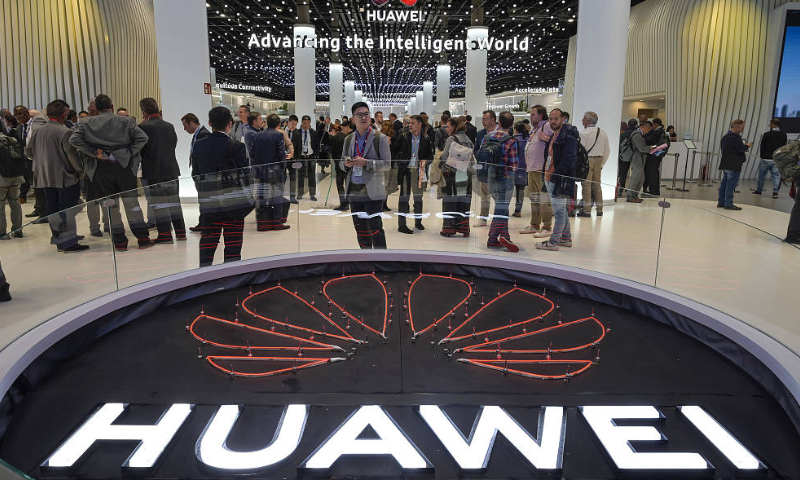Warner Bros. Discovery to split into Warner Bros. and Discovery

In a strategic move that could reshape the media landscape, Warner Bros. Discovery (WBD) has announced the names and leadership teams for its upcoming corporate split, marking a significant transition phase in a rapidly evolving industry. With the spinoff scheduled for mid-2026, the two separate entities will be branded as "Warner Bros." for the streaming and studios division, which will encompass key franchises like DC Studios and HBO Max, while the global networks segment will be rebranded as "Discovery Global," integrating major networks such as CNN and Discovery+. This announcement underscores a broader trend within the media sector, as companies seek innovative strategies to navigate shifting consumer preferences from traditional cable to streaming platforms.
The rationale behind this spinoff aligns closely with an ongoing industry-wide reassessment of operational structures driven by changing media consumption habits. CEO David Zaslav articulated the company’s trajectory, highlighting the importance of revamping its offerings to ensure profitability and market relevance. Indeed, as streaming becomes the cornerstone of viewership, WBD’s decision to separate its businesses can be viewed through the lens of strategic optimization, reminiscent of historical media mergers that ultimately unraveled under similar pressures—most notably, the 2000s' dot-com bubble that saw many companies pivoting away from expansive portfolios to sharpened focuses on core competencies.
The media industry is currently witnessing a significant paradigm shift as evidenced by various corporate actions; for instance, Comcast’s anticipated split of its cable assets signifies a pivot toward digital-first strategies, raising the question: what will this mean for cable network valuations in the long term? WBD's separation echoes these trends and suggests that other players in the industry may soon follow suit if WBD's model yields favorable results. This spinoff could also enhance shareholder value by instituting clearer business focuses and dedicated operational strategies, potentially bolstering EBITDA margins for both Warner Bros. and Discovery Global.
Yet, there are inherent risks associated with this radical restructuring. The media landscape is volatile, and with consumer loyalty increasingly fragmented across numerous competing platforms, maintaining subscribers amidst fierce competition from rivals such as Netflix and Disney+ remains a daunting challenge. Additionally, as initiatives to revitalize legacy content take shape, there could be unintended consequences that emerge—specifically, the risk of diluting brand identity or potential alienation of niche audiences that once supported unified brand narratives. Stakeholders, including investors and regulators, must consider how this bifurcation might impact competition and content creation in a crowded marketplace.
In conclusion, Warner Bros. Discovery's strategic announcement not only serves as a pivotal point in its corporate evolution but also positions the company to react dynamically to media consumption trends. While potential risks loom large, particularly in addressing the fragmented viewing habits of consumers, the futures of both Warner Bros. and Discovery Global will greatly depend on their ability to innovate, adapt and effectively execute their specialized corporate strategies. An assessment of this spinoff will provide important insights into the changing media landscape in the months to come, with lessons applicable to other companies navigating similar transitions.
Read These Next

US EU and US Japan Trade Deals Face Key Pitfalls and Challenges
The article analyzes US trade deals with the EU and Japan, warning of 'neo-economic colonialism' and impacts on global trade.

Warner Bros. and Apple Reach $500M with 'Superman' and 'F1'
Warner Bros. Discovery sees solid box office success with 'Superman' and Apple’s 'F1' crossing $500 million, reflecting strategic maneuvering and changing dynamics in the film industry.

Spain assures no security risks in Huawei deal Chinese expert praises approach
Spain's Interior Ministry confirms Huawei contract, citing no security risks, amidst political pressures on Chinese firms.
